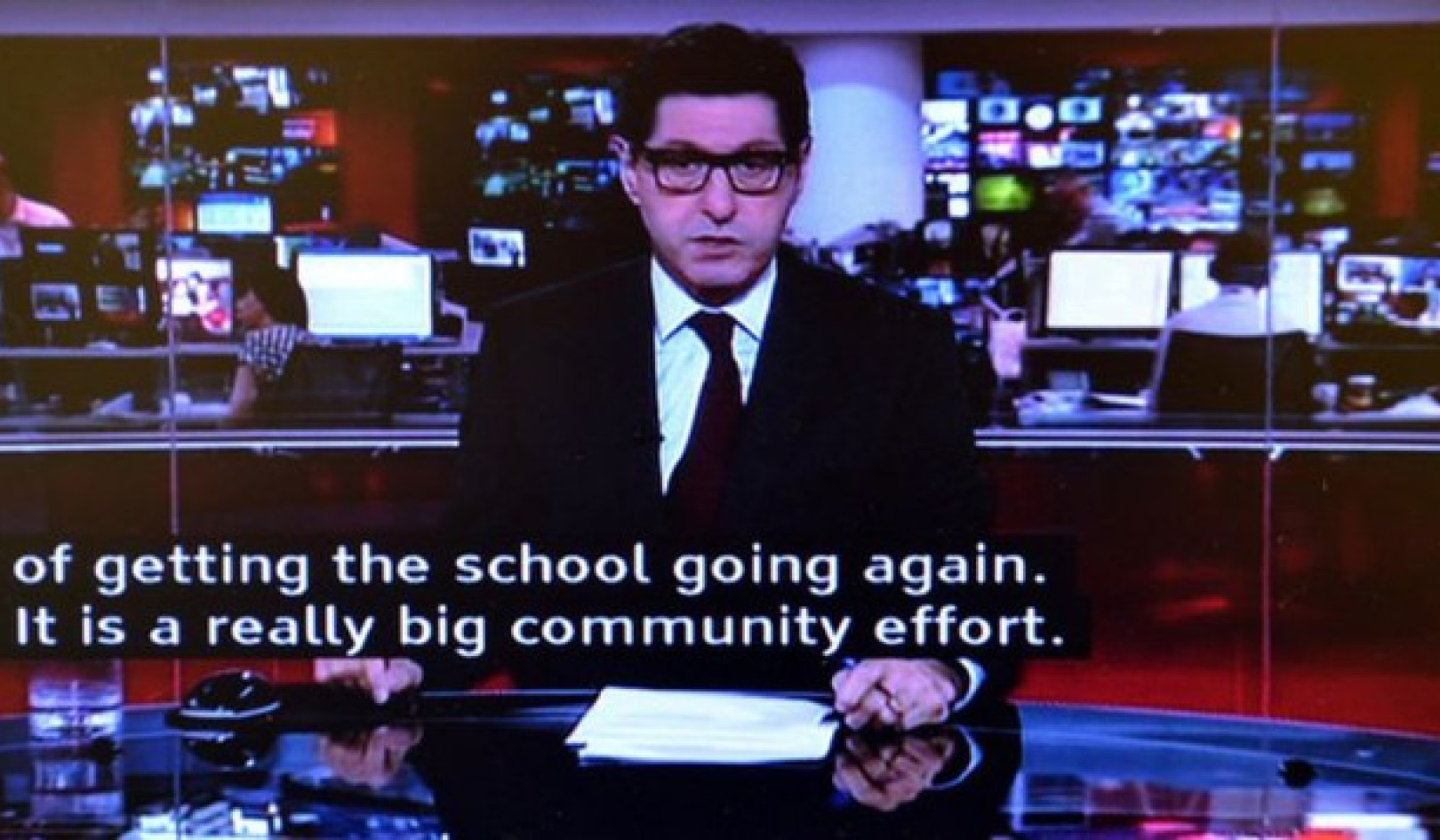
We all want to be loved. But if we've experienced a love loss in the past, it can be hard to get over that fear. We may fear marriage — as we experienced its failure, or abandonment — as we went through losing a parent or a loved one.
You can spend your whole life trying to avoid being in a similar situation, so you don't have to feel vulnerable that way again. Or, you can decide to confront your thoughts and beliefs about abandonment by challenging them, and using the Says Who? method. This is a method for confronting any fear-based thoughts you may have, and also a powerful way to overcome the fear to love again.
A common thought is: "People abandon me when I get close to them."
There are many variations, which you can tackle with these seven insightful questions:
1. Says who?
This question means, "Who is saying that people abandon you when you get close to them? Is this something I am telling myself because I believe it?"?
Your answer might be: "I am telling myself that people can abandon me when I get close to them. Why do I believe that?"
2. Have I heard someone say this thought before?
Which means: "Can I recall hearing someone say that people abandon you when you get close to them?"?
Your answer might be: "I remember someone telling me when I was growing up that people can abandon you when you get close to them and I believed them. Why do I still believe what they told me?"
3. Do I like this thought?
Which means: "Do I like thinking that people abandon you if you get close to them?"?
Your answer can be: "No, I don't like thinking that people can abandon me if I get close to them, so why am I thinking a thought I don't like?"
4. Does this thought make me feel better?
Which means: "Does thinking that people abandon you when you get close to them make me feel better about myself?"
Your answer can be: "Thinking that people can abandon me if I get close to them doesn't make me feel better at all. It makes me feel insecure and doubtful of others and I can choose not to think a thought that doesn't make me feel good."
5. Does this thought work for me?
Which means: "Does thinking that people abandon you if you get close to them serve my well-being?"?
Your answer can be: "Thinking that people can abandon me if I get close to them makes me feel distrustful, and that doesn't work favorably for me or serve my well-being."
6. Am I in control of this thought?
Which means: "Does thinking that people can abandon you if you get close to them control or dominate my thoughts?"
?Your answer can be: "Thinking that people can abandon me if I get close to them dominates my thoughts when I care for someone or feel vulnerable to them. I don't want to be controlled by a thought that is full of fear."
7. Do I want to keep this thought or let it go?
Which means: "Do I want to keep thinking that people abandon you when you get close to them, or release it?"
Your answer can be: Thinking that people can abandon me if I'm close to them is not a thought I want to hold on to, and I choose to let it go."
The Power of Fear-Based Thoughts
Fear-based thoughts keep our fears alive and very real for us. Unless we want to keep those thoughts as our "fixed" beliefs — meaning that they aren't going anywhere — we need to change them. We can do that by questioning and challenging them to find out if they are serving our well being. Says Who? is the very method to accomplish this.
Even though you might not feel an instant release of your fears, or see them vanish overnight the first time you challenge them, over time, a consistency of questioning your thoughts with this method will create something akin to a muscle memory. Your beliefs regarding your fears will begin to change, and you will find they no longer have a grip or hold on you. You will start to feel a shift in your whole thinking process, which is empowering. In fact, you will probably start to wonder why you tolerated some of those negative thoughts you had for so long!
©2016 by Ora Nadrich.
Excerpted with permission from the book:
Says Who? (Morgan James Publishing)
Article Source
 Says Who? How One Simple Question Can Change The Way You Think Forever
Says Who? How One Simple Question Can Change The Way You Think Forever
by Ora Nadrich.
Click here for more info and/or to order this book.
About the Author
 Ora Nadrich is a Certified Life Coach, Certified Mindfulness Meditation teacher, and author of Says Who? How One Simple Question Can Change The Way You Think Forever. Ora is a frequent blogger for the Huffington Post, and has been featured as a panelist on Huffington Post Live. She leads workshops on “The Says Who? Method”, a step-by-step process of confronting our negative thoughts, which are what often create the obstacles in our lives. Among her other workshops are “Living a Mindful Life”, “Conscious Manifestation” and “Love, Sex, and Mindfulness.” Ora has also facilitated a popular Women’s Group for the last several years. Learn more at http://www.oranadrich.com
Ora Nadrich is a Certified Life Coach, Certified Mindfulness Meditation teacher, and author of Says Who? How One Simple Question Can Change The Way You Think Forever. Ora is a frequent blogger for the Huffington Post, and has been featured as a panelist on Huffington Post Live. She leads workshops on “The Says Who? Method”, a step-by-step process of confronting our negative thoughts, which are what often create the obstacles in our lives. Among her other workshops are “Living a Mindful Life”, “Conscious Manifestation” and “Love, Sex, and Mindfulness.” Ora has also facilitated a popular Women’s Group for the last several years. Learn more at http://www.oranadrich.com






























